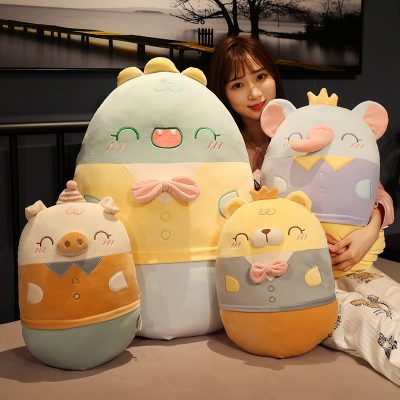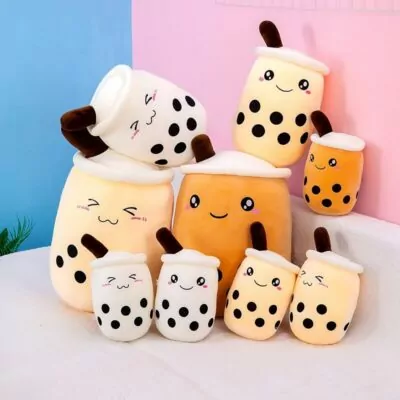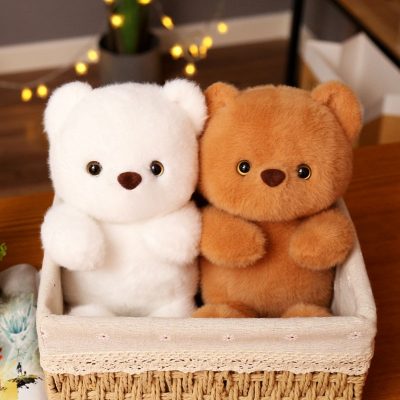how to play pretend with a toddler
As a child plays, he/she is developing motor skills. They develop coordination skills, hand/eye coordination and visual-spatial skills. Playing Pretend play also helps a child build confidence. They learn to recognize their own and others’ capabilities and can develop a sense of assertiveness when they feel that someone is trying to manipulate them or take advantage of them. Pretend play is often done during the pre-school age, when the child is preparing for kindergarten and is getting ready to start school.
Pretend play is a vital educational opportunity for young children. It allows them to use imagination and creativity to engage and connect with their earliest years of development. Pretend play is beneficial in a number of ways for children. The primary benefit is that it helps them develop important social and interpersonal skills; they learn how to cooperate and communicate with each other, they develop social and communication skills.
a form of relaxation
Pretend play is a form of relaxation. It allows him or her to escape into a world where he or she is the central character. It gives them an opportunity to explore their emotions and it also provides them with an outlet for frustration. This outlet can be used for learning and also for relieving stress.
an important tool for building communication skills in children
Pretend play is an important tool for building communication skills in children. When your toddler has an imaginary friend, he or she can talk to this person. He or she can tell the imaginary friend what he or she wants and how he or she would like the situation to end. Pretend play also allows your child to use his or her imagination. It helps develop motor skills and problem solving skills.
help your toddler understand emotions
Pretend play also allows you to help your toddler understand emotions. It is important to let your toddler know that you are there and that he or she is not alone. Playing pretend games with your toddler is an excellent way to help your toddler overcome fears and learn how to deal with certain situations. You will also learn how to read body language and facial expressions of your child during play.
pretend play with a group
Your child will have much more fun with pretend play if it is done with a group of your children. Having a group of your child’s friends around can make things more fun and can help encourage your child to participate. There are many resources available on how to create your own games and activities for your children. You can also find many tips and advice on how to keep your child’s imagination alive and well. If you are having some difficulties with this concept, you may want to enlist the help of your child’s primary care physician to help you get started.
important to set clear rules for the amount of playtime
Pretend play is often done with dolls, but it is also an appropriate activity for your toddler to engage in when it is bedtime or after dinner. Remember that it is important to set clear rules for the amount of playtime that your toddler has with his or her dolls. Make sure that your toddler knows who is in charge, what the rules are, and what consequences there will be if they break the rules. This will help you to keep the fun going and to prevent your toddler from becoming bored and frustrated. When you are playing with your child, remember that it is okay to put the doll to sleep or to let them wake you up in the middle of a play session.
an enjoyable experience for everyone
When you play pretend games with your toddler, it can be an enjoyable experience for everyone. It is especially important for you to keep track of how often you are having playtime and how long your child is playing. Toddlers can get bored very quickly, so it is important to keep things exciting and to keep them interested. Pretend play is an important developmental milestone in a child’s development and is critical to their emotional and cognitive development.
reason why toddler loves to pretend play
The reason why toddler loves to pretend play is because it helps them develop important social skills. When you are a child, playing these types of games with your friends is fun. However, it also builds communication skills, attention spans and memory skills. Playing games such as hide and seek with a friend is a perfect example.
Pretend play can help a child learn how to share. Children learn how to cooperate when they engage in pretend play activities with an adult. Sharing is an essential skill for children to develop. They need to know when to ask for help and when to share their toys. Toddlers especially need to learn this skill so that they will be able to function in social situations.
Why toddler loves to pretend is because it allows them to use their imagination. Imagination is the cornerstone of all learning. Playing pretend games with your toddler will give them the opportunity to explore the world around them while at the same time developing their critical thinking skills. These skills will help them in the future as they learn to communicate and solve real life problems.























Leave a comment
You must be logged in to post a comment.